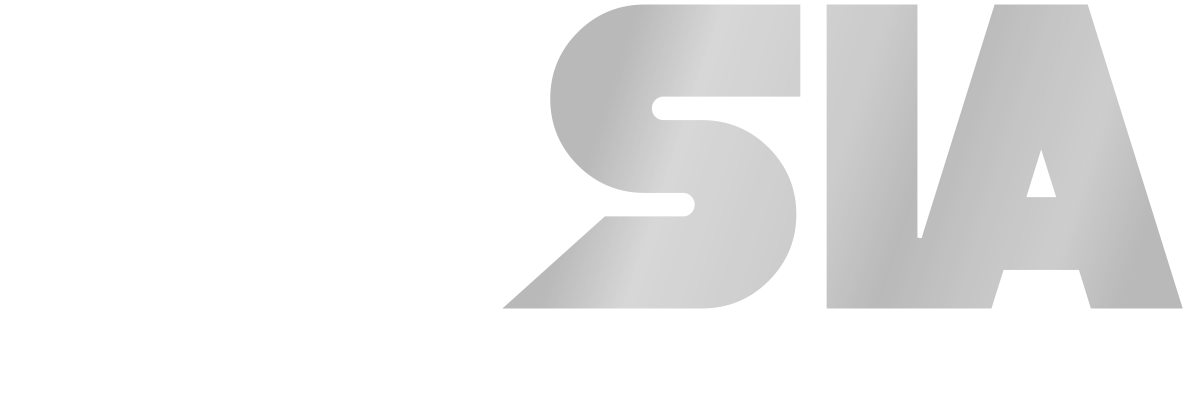By Sharni Simpson in 2017
Striving continuously to improve our own skiing performance and that of our students. We focus on creating a successful learning environment thru our knowledge of Abraham Maslow’s Hierarchy of Needs (Basic need, Psychological needs and Self Fulfillment needs). This enables the students to be physically able to learn new movements and skills. Once new information is learnt, it is then that we need to be aware of the mental preparation factors that affect one’s ability to consistently perform to the best of their ability.
Mental Factors that affect performance by creating pressure, can come from previous attempts, fear of succeeding, fear of failure, injury worries, crowd (people watching, videoing), not preparing properly and being worried about current form. Pressure can majorly influence some people performance, both positively and negatively.
When pressure is increasing and affecting performance, give priority to focusing on what you can control, not worry about the future and perform in the now. Know how to control the controllable and minimize the effects of the uncontrollable. In relation to skiing there are external factors that we can’t control such as, snow conditions, other mountain users, weather conditions and equipment failure. But we can prepare ourselves to know how to adapt to the conditions.
By mentally going thru the routine and visualizing the correct execution of the movements required and being aware of the feel of every action. Then focusing on identify a few key points, that if achieved will ensure success. Be relaxed both the body (physically) and mind (mentally). This will physical reduce muscular tension and enable the freedom of movements. Also think positively and realize that attitude is a choice and choosing a positive attitude can prepare the mind to achieve success. Maintain concentration and focus on the task at hand and know how to ignore distractions
Lastly to share a commonly experience as an example and how choosing a positive mental attitude can affect the desired outcome. Previously when asked to perform short turns, the mind would think of excuses not to perform such as, My short turns aren’t very good or I haven’t done short turns for ages or the snows to hard for short turns. Outcome was a poor performance of short turns. Now when asked to perform short turns the mind will think to perform short turn, we need to have weight on the outside ski earlier and and keep pole basket swinging (or other movement based focus). The mind is thinking of the process positively, reminding itself of what it going to feel like. Outcome was a performance of ones best abilities.
Each individual has tasks (movement patterns) they favour more than others and the mental preparation here is to change the way of thinking towards the less favourable tasks. So when a task is being asked to be demonstrated or a change in the conscious movement pattern is required due to conditions. The mental preparation is on the focusing on one or two key inputs (movements) and if achieved will produce the desired outcome.
As time has passed and knowledge is gained from positive and unsuccessful (negative) experiences in the snow sports industry, by understanding how mental preparation factors affect our performance we will not only be able to improve our own performance but will also be able to improve that of our student to more positive outcomes.
CSCF Reference Material 2005
Victory Physical education 2005
http://www.gtskiclub.org/training/5-reasons-ski-racers-dont-embrace-mental-training/
http://www.athletics-training.com/articles/sports-psychology.html
